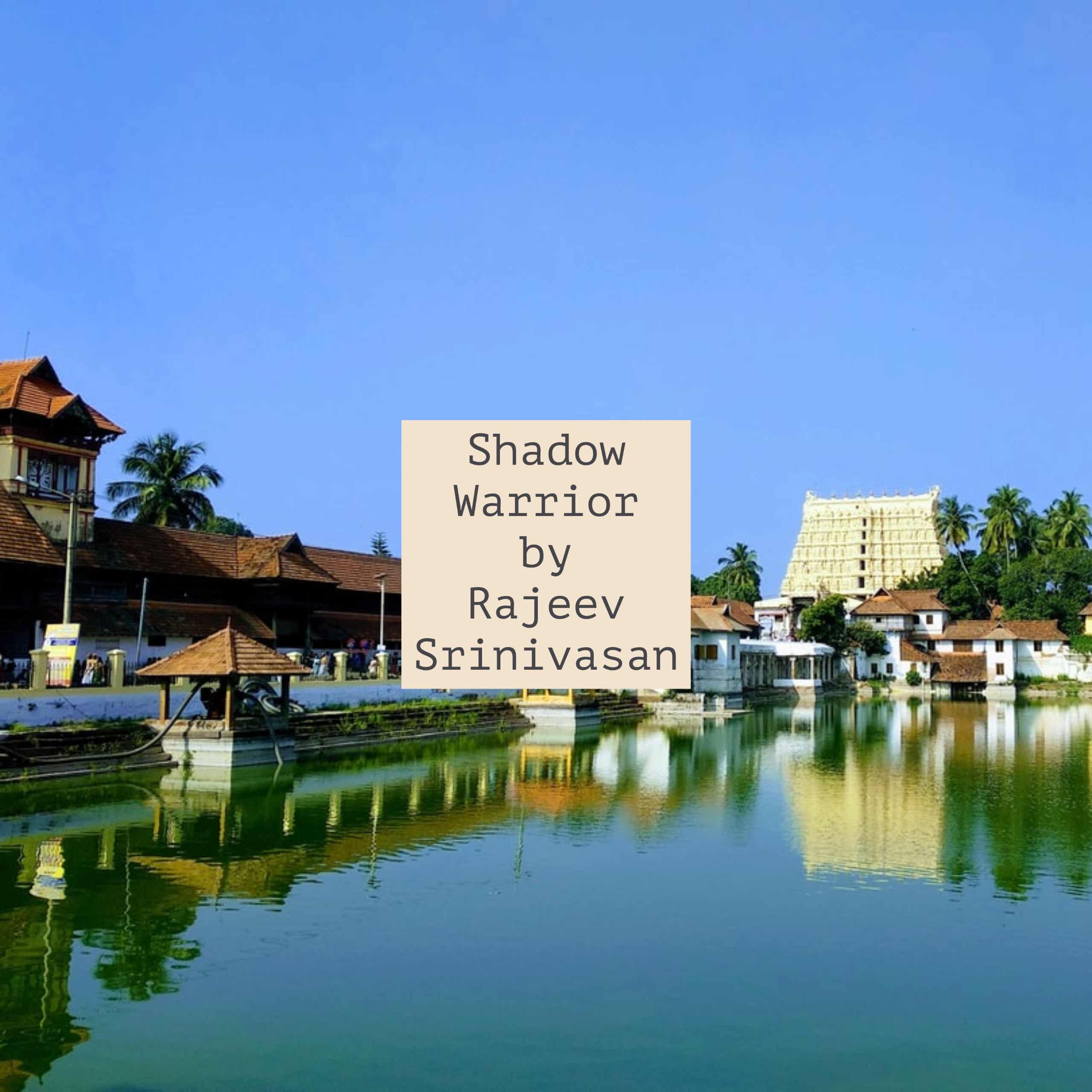Ep. 75: Requiem for a Statesman: Abe Shinzo
Description
A version of this essay was published by firstpost.com at https://www.firstpost.com/opinion/requiem-for-a-japanese-statesman-who-loved-india-abe-shinzo-10896211.html
Abe Shinzo will be remembered as Asia’s greatest 21st century statesman. He recognized early that the Indo-Pacific will (re)occupy center stage as it did throughout most of history, barring a brief Atlanticist interregnum. And then he did something about it, by proposing the Quad and the “free and open Indo-Pacific”. He realized that China would revert to imperialism, and would have to be contained.
Abe-san understood that America would withdraw into its comfort zone (“Fortress America”) as its economic and military dominance diminished. It was up to Asians to defend themselves, and not depend on cross-Pacific partnerships. This may have driven his nationalist sentiments. Japan, with its proud history, could not forever be anybody’s junior partner. It would have to assert itself, and it could no longer be hobbled by the pacifist Article 9 imposed by the US, that prevented it from arming itself.
All of this has come to pass, more or less. After Obama’s content-free “pivot to Asia”, Biden’s obsessions with Russia, Ukraine and AUKUS, and China’s consistent saber-rattling along its entire periphery, it is evident that the old “liberal, rules-based international order” with its Euro-American bias can no longer protect Asia’s democracies. A muscular Quad, or even an ‘Asian NATO’ is necessary.
This is critical for India’s very survival, and Abe helped turn around Japan’s official attitude towards India. Even his grandfather, former Prime Minister Kishi Nobusuke, had been positive towards India, but Abe-san turned out to be a true friend. Under him, relations bloomed; and from a stance of anger at India’s Pokhran blasts, Japan has now become India’s most, and in fact only, trusted partner.
This endeared Japan’s longest-serving PM, Abe-san, to many Indians. He believed in India, and it showed. So much so that some of us are in personal mourning. India has lost its best friend, and in a world where it has no friends, that is a tremendous loss: even after he resigned the PM position on health grounds, Abe-san continued to generate goodwill for Indo-Japanese partnerships. The last time the death of a foreign leader affected Indians so much was when John F Kennedy was assassinated in 1963.
Prime Minister Modi put it well in a personal note, “My friend, Abe-san” https://www.narendramodi.in/my-friend-abe-san-563044. He also declared a day of national mourning.
Among his greatest gifts to us and his most enduring legacy, and one for which the world will always be indebted, is his foresight in recognizing the changing tides and gathering storm of our time and his leadership in responding to it. Long before others, he, in his seminal speech to the Indian Parliament in 2007, laid the ground for the emergence of the Indo-Pacific region as a contemporary political, strategic and economic reality - a region that will also shape the world in this century.
There is a starkly different, and possibly grossly unfair, characterization of Abe-san in the US media, as some kind of ultra-nationalist. The left-leaning NPR was positively churlish. But then this goes back to the Manichean/Abrahamic “with us or against us” dualism put about by US sources. They portray Japan as being particularly wicked, with Pearl Harbor as Original Sin, and the “Yellow Peril” as being particularly dangerous, deserving of the ultimate horror of the atomic bombs in Hiroshima and Nagasaki.
Remarkably enough, this was along the same lines as the vitriol from China.
I can understand China being extraordinarily mean. That’s just par for the course. But an American outlet saying this is a little surprising, that too a public-sector, publicly-funded, non-commercial entity. Are there wheels within wheels?
But wait, here’s more:
Growing up in Indi
More Episodes
A version of this essay has been published by firstpost.com at https://www.firstpost.com/opinion/opinion-what-makes-trump-a-better-candidate-for-india-and-world-13831800.html
An AI-generated (courtesy notebookLM.google.com) podcast based on this essay is here:
In all humility, I accept that my...
Published 11/03/24
The potential consequences of a Trump presidency for India span multiple dimensions, including military, economic, trade, cultural, financial, and social aspects. Here’s an overview of these impacts:
Military and Geopolitical Implications
- Defense Ties: Under Trump, India may continue to...
Published 10/27/24


